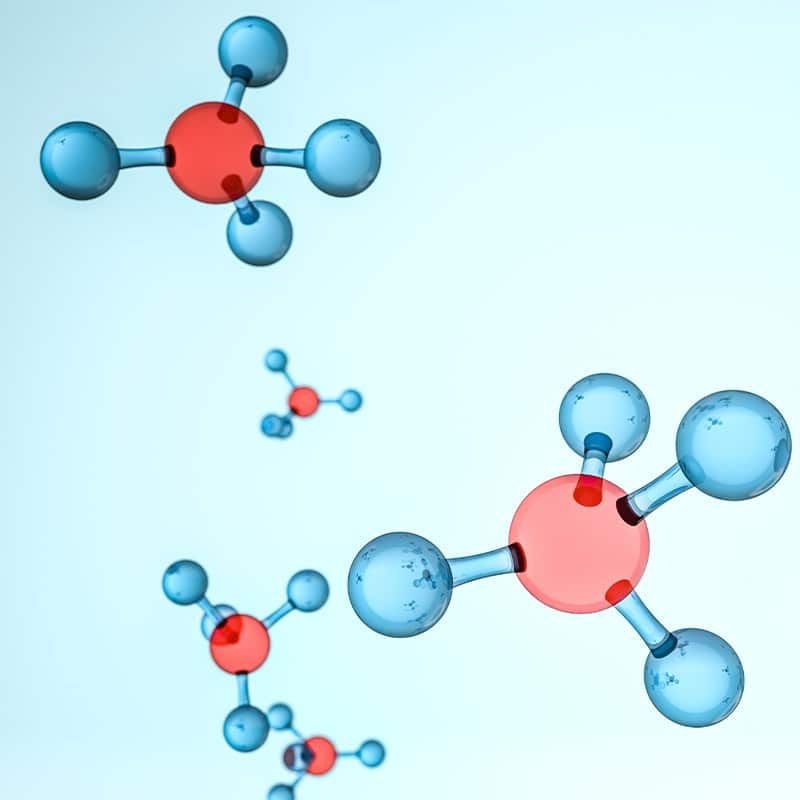Peptide therapy has become a cornerstone of anti-aging and wellness treatments in Korea, embraced by both medical professionals and patients alike. However, one common question arises: Should peptides be delivered via injections or oral supplements? Korean clinics have extensively researched and developed protocols to maximize efficacy and safety, often favoring one administration route over the other depending on treatment goals.
Let’s explore the key differences between peptide injections and oral peptides, how each method works, and why Korean clinics prefer certain approaches for optimal results.
What Are Peptides and How Do They Work?
Peptides are short chains of amino acids that act as messengers, signaling cells to perform specific biological functions like collagen synthesis, fat metabolism, immune modulation, and tissue repair. To be effective, peptides must reach their target tissues intact and in sufficient concentration.
Peptide Injections: The Korean Clinics’ Gold Standard
How It Works
Peptide injections deliver peptides directly into the bloodstream or targeted tissues, bypassing the digestive system. Common injection methods include:
- Subcutaneous (under the skin) injections
- Intramuscular injections
- Intravenous infusions (in some cases)
This direct delivery ensures high bioavailability and faster onset of action.
Advantages
- Higher Bioavailability: Injections bypass digestive enzymes and stomach acids, preserving peptide integrity. This means more active peptides reach target cells.
- Faster, More Potent Results: Because peptides enter circulation quickly, therapeutic effects (like skin rejuvenation, fat burning, or immune support) occur sooner.
- Precise Dosage Control: Doctors can tailor doses and injection sites according to individual patient needs.
- Targeted Delivery: Some peptides require localized injections for optimal effect (e.g., facial skin treatments, joint repair).
Commonly Injected Peptides in Korea
- GHK-Cu: For collagen stimulation and skin healing
- AOD-9604: Fat-burning and metabolism enhancement
- Rejuran Healer: Polynucleotide peptide for skin regeneration
- Thymosin Alpha-1: Immune modulation and recovery support
Why Korean Clinics Prefer Injections
Korean clinics prioritize efficacy and safety through injectable peptides because they offer reliable, consistent results. With decades of clinical experience and research, injection protocols have been refined to minimize discomfort and side effects, making them a trusted choice for both patients and practitioners.
Oral Peptides: Convenience vs. Challenges
How It Works
Oral peptide supplements are ingested and absorbed through the gastrointestinal tract. They are usually formulated as capsules, tablets, or powders.
Advantages
- Ease of Use: Oral peptides are non-invasive and convenient, appealing to patients who dislike needles.
- Home Use Friendly: Suitable for ongoing maintenance without frequent clinic visits.
- Broad Accessibility: Available over the counter or via clinics for general wellness support.
Challenges
- Low Bioavailability: Many peptides are broken down by digestive enzymes and stomach acids, reducing the amount of active peptide that reaches the bloodstream.
- Delayed and Variable Absorption: Effects are slower and less predictable compared to injections.
- Limited Targeting: Oral peptides cannot be delivered directly to specific tissues, potentially reducing efficacy for localized conditions.
- Quality Variability: Supplements may vary widely in peptide concentration and purity, especially outside regulated medical settings.
Comparative Summary: Injections vs Oral Peptides
| Aspect | Peptide Injections | Oral Peptides |
|---|---|---|
| Bioavailability | High — bypasses digestion | Low — subject to enzymatic breakdown |
| Speed of Results | Fast — direct systemic or local delivery | Slow — depends on digestion and absorption |
| Precision | High — tailored dosing and targeting | Low — general systemic effect |
| Convenience | Requires clinic visit and injection | Easy at home, no needles |
| Safety | High with professional administration | Varies, risk of inconsistent quality |
| Common Uses | Anti-aging, fat loss, skin regeneration | General wellness, maintenance |
Korean Clinics’ Preferred Approach
Given the superior efficacy, faster results, and precise control offered by injections, Korean clinics overwhelmingly favor peptide injections as their primary method of therapy—especially for serious anti-aging, weight management, and skin rejuvenation goals.
That said, oral peptides are sometimes used as complementary maintenance supplements or for patients who prefer non-invasive options, but with clear understanding that results may be milder and slower.
Patient Experience in Korean Clinics
Most Korean patients undergoing peptide therapy receive their peptides via injections administered by trained medical professionals in comfortable clinic settings. The procedure is typically:
- Quick (10-30 minutes per session)
- Minimally painful, with numbing options available
- Followed by visible improvements within weeks
Patients appreciate the personalized care and comprehensive follow-up Korean clinics provide, ensuring their peptide therapy aligns perfectly with their health and beauty goals.
Conclusion
While both oral peptides and injections have their place, Korean clinics prioritize peptide injections due to their proven track record in delivering fast, reliable, and targeted therapeutic effects. For anyone serious about maximizing the benefits of peptide therapy—whether for youthful skin, weight loss, or enhanced vitality—injectable peptides remain the gold standard in Korea.




